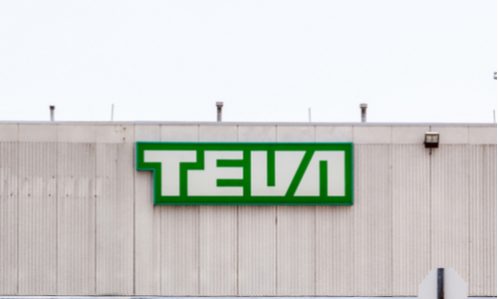The European Commission has fined the pharmaceutical companies Teva and Cephalon €60.5 million (US$72.1 million) for agreeing to delay for several years the market entry of a cheaper generic version of Cephalon’s drug for sleep disorders, modafinil, after Cephalon’s main patents had expired.
The agreement was concluded well before Cephalon became a subsidiary of Teva. The agreement violated EU antitrust rules and caused substantial harm to EU patients and healthcare systems by keeping prices high for modafinil.
Executive Vice-President Margrethe Vestager, in charge of competition policy, said, “It is illegal if pharmaceutical companies agree to buy-off competition and keep cheaper medicines out of the market. Even when their agreements are in the form of patent settlements or other seemingly normal commercial transactions. Teva’s and Cephalon’s pay-for-delay agreement harmed patients and national health systems, depriving them of more affordable medicines.”
The decision concerns a patent settlement agreement whereby Cephalon induced Teva not to enter the market with a cheaper version of modafinil, in exchange for a package of commercial side-deals that were beneficial to Teva and some cash payments. Teva held its own patents relating to modafinil’s production process, was ready to enter the modafinil market with its own generic version, and it had even started selling its generic in the UK. Then, it agreed with Cephalon to stop its market entry and not to challenge Cephalon’s patents.

